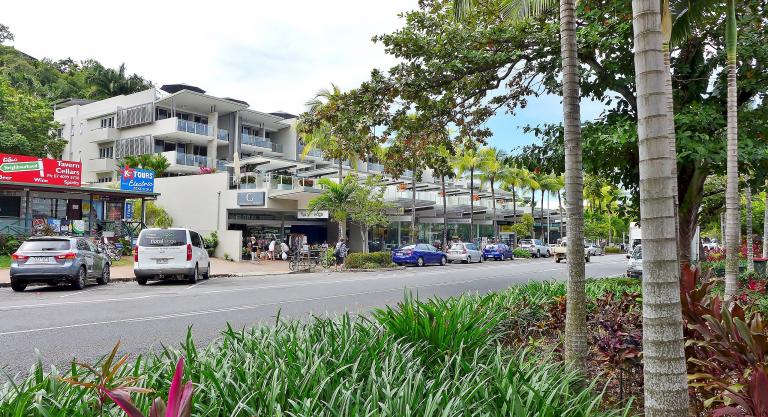
Further notes on which I’m working:
Here are some additional examples from the Qur’an of the opposition between “this world” or “this present world,” on the one hand, and, on the other, “the hereafter” (as at 10:24, 70; 12:101; 13:34; 14:27; 16:30, 41, 109, 122), between “the life of this world” and “the life to come” (10:7-8; 13:26; 14:3) or “the world to come” (17:10) or “the one to come” (16:107):
“Those who do not expect to meet Us and are pleased with the life of this world, contenting themselves with it and paying no heed to Our signs, shall have the Fire for their home because of what they used to do.” (10:7-8)
“The life of this world is like this: rain that We send down from the sky is absorbed by the plants of the earth, from which humans and animals eat. But when the earth has taken on its finest appearance, and adorns itself, and its people think they have power over it, then the fate We commanded comes to it, by night or by day, and We reduce it to stubble, as if it had not flourished just the day before. This is the way We explain the revelations for those who reflect.” (10:24)
“They may have a little enjoyment in this world, but then they will return to Us. Then We shall make them taste severe torment for persisting in blasphemy.” (10:70)
“There is good in this present world for those who do good, but their home in the Hereafter is far better: the home of the righteous is excellent.” (16:30)
“As for those who emigrated in God’s cause after being wronged, We shall give them a good home in this world, but the reward of the Hereafter will be far greater, if they only knew it.” (16:41)
As I’ve already observed, the Arabic term rendered as English world in these passages is al-dunya (literally “the near [life]”). In the following passage from his Oxford translation of the Qur’an, M. A. S. Abdel Haleem renders the full Arabic phrase “the near life” (al-hayatu al-dunya) by means of the English adjective worldly—because it has essentially the same non-“geographical” sense as that English adjective does:
“The people of the Fire will call to the people of Paradise, ‘Give us some water, or any of the sustenance God has granted you!’ and they will reply, ‘God has forbidden both to the disbelievers—those who took their religion for distraction, a mere game, and were deluded by worldly life.’ Today We shall ignore them, just as they ignored their meeting with this Day and denied Our Revelations.” (7:50-51)
Given the way a small group of my more unrestrained online critics want to portray my stay here in northern Queensland — according to them, my wife and I are basically luxuriating here in a wealthy enclave, the Australian equivalent of Switzerland’s Gstaad or St. Moritz, supported (rather in the manner of the Book of Mormon’s King Noah) by the tithes of poor peasants on the Bolivian Altiplano if not altogether by ill-gotten profits extracted from slave labor in the blood-diamond mines of Angola — a discussion of “worldliness” seems quite appropriate. And, I have to say, my wife and I have certainly felt like late nineteenth-century robber barons here as we’ve traded gold bullion for food at the exotic local IGA Supermarket, greedily devoured our homemade ham and cheese sandwiches, and washed our dirty clothes in a token-operated laundromat! To make things even more perfect, we were pleasantly surprised to find out that the place in which we’re staying has air conditioning! Let the peasants eat cake.
Posted from Port Douglas, Queensland, Australia










